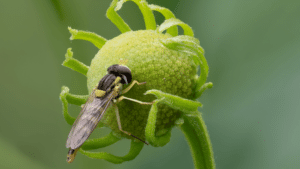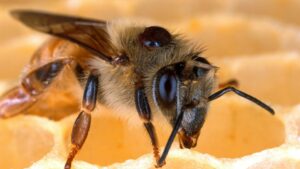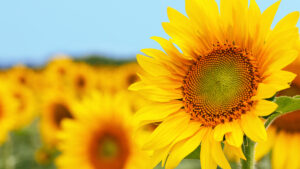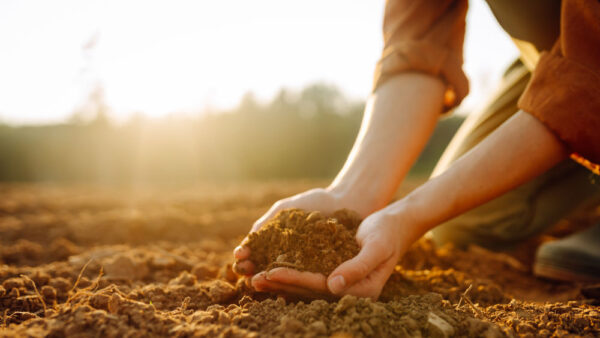The future of plant pollinators looks brighter after researchers at the University of Massachusetts Amherst were awarded with $2.4 million to discover how food impacts the ability of pathogens to harm pollinators.
One of the most pressing issues in present biology is to comprehend how pathogens travel and multiply, according to the University of Massachusetts (UMASS) Amherst’s news release. Scientists are especially concerned with the devastation pathogens have caused plant pollinators.
Take honeybees for example. “In 2017, the United States had 2.88 million honey bee colonies, down 12% from the record high 3.28 million colonies in 2012,” stated the NASS.
“Three-fourths of the world’s flowering plants and about 35% of the world’s food crops depend on animal pollinators to reproduce. More than 3,500 species of native bees help increase crop yields,” shared USDA’s Natural Resources Conservation Services (NRCS).
Despite the massive effect pathogens have, biologists still struggle to grasp what role plants play in the exchange. The quantity and quality of food accessible to pollinators might play a role in the pollinator’s potential to resist disease, but that factor also remains unknown.
Flowers offer an essential food source to pollinators yet can act as sites for disease transmission
The research will focus not only on the molecular level, but will expand across a range of scales to determine interactions of food, pollinator and pathogen, according to the news release. Lynn Adler, professor of biology at UMass Amherst, will lead the study.
“Our ultimate goal with this grant,” said Adler, “is to figure out what sort of plant composition, available as food sources for the pollinators, reduces infection?”
Adler has extensive experience with the interactions between plants and insects, and has shown through past research food sources can assist pollinators as they resist diseases. Adler found sunflower pollen acts as a super food of sorts, which presents an important question for researchers: Why?
Scientists have joined forces to answer that question.
Adler and her colleagues will simultaneously launch a training program aimed towards graduate students, as well as middle-school girls in underprivileged areas. The program was created to, “develop a diverse new generation of up-and-coming biologists and ecologists,” said the release.
Read More About Sunflowers and Pollinators:
Sunflower Yields are Higher Than They’ve Ever Been, and so is Demand
Top Bee and Pollinator Stories of 2021













